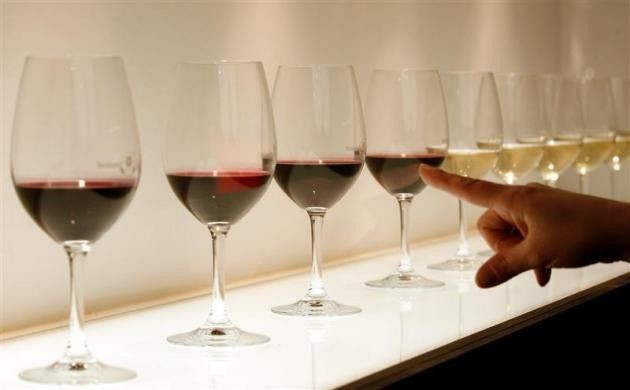How to Stay Sober Permanently, Treat Both Alcoholism and Depression

Christine Stapleton, a columnist at PsychCentral.com and a recovered alcoholic, had to make a big decision over a decade ago to fix her alcohol problem. One that involved accepting that she was depressed and had to enter therapy.
She said if she had not addressed her depression as much as she did with her alcoholism, she would not be sober for 16 years.
"My depression - and my seeming inability to fix myself - was so exasperating that I thought about picking up a drink. Nothing else seemed to work," she said in her column on Wednesday. "Why not self-medicate my depression with alcohol? I asked myself that question and then got my ass to a meeting."
"The answer to that question is simple: Alcohol is a depressant. The very thing I had been using for years to make me feel better had made me feel worse. I was blind to that fact until the brain chemistry was explained to me," she added.
Alcohol binds to receptors in the brain's pleasure center which leads to euphoria. Once the euphoria wears off, the hormones and receptors have already been altered to a point that sends the person to an even more depressed state, she explained.
She told herself it's time to seek treatment for her depression, which was later diagnosed as hypomania. She addressed alcoholism with meetings, meditation and prayer and connecting with sponsors and sponsees and constant therapy and medication.
"If I do not treat all my mental illnesses, one will flare up," Stapleton said.
Citing research from the National Institute on Alcohol Abuse and Alcoholism, WebMD.com reported that one-third of people suffering from major depression were found to abuse alcohol.
It said that while it has not been proven yet whether depression leads to alcohol use and vice versa, the two share "common triggers" which include environmental and hereditary factors.
Experts have also identified a type of CHRM2 gene, which supports brain functions associated with memory retention and attention, to "put people at risk for alcohol dependence and depression."
The Web site recommends seeking the help of clinicians to address alcohol abuse and depression for people suffering from them.
"There is some evidence that taking antidepressants may help relieve depression and reduce alcohol abuse, and a number of other medicines are available that can directly help to reduce alcohol cravings and counter the desire to drink heavily," WebMD.com said.
Rehabilitation programs such as the Start Fresh Program, which was developed by addiction company BioCorRx, Inc. (OTCQB: BICX), has been proven to be effective in treating alcoholics and helping them plan a life free from substance abuse.
The Start Fresh Program is a two-tiered program that takes a different approach to addiction rehabilitation. The first phase of the program involves an outpatient medical procedure to embed a specially formulated, biodegradable naltrexone implant under the skin and fatty tissue in the lower abdominal area.
The second tier of the program involves a private, one-on-one coaching program to address the specific needs of the individual and to help him or her plan for a life free from substance abuse.
"Patients who complete the entire out-patient program which lasts several months are showing remarkable results," said Brady Granier, Chief Operating Officer of BioCorRx, Inc.
For more information on BioCorRx, Inc.'s Start Fresh Program, you may reach the company's headquarters via phone: 714-462-4880, or visit www.StartFreshProgram.com.





















